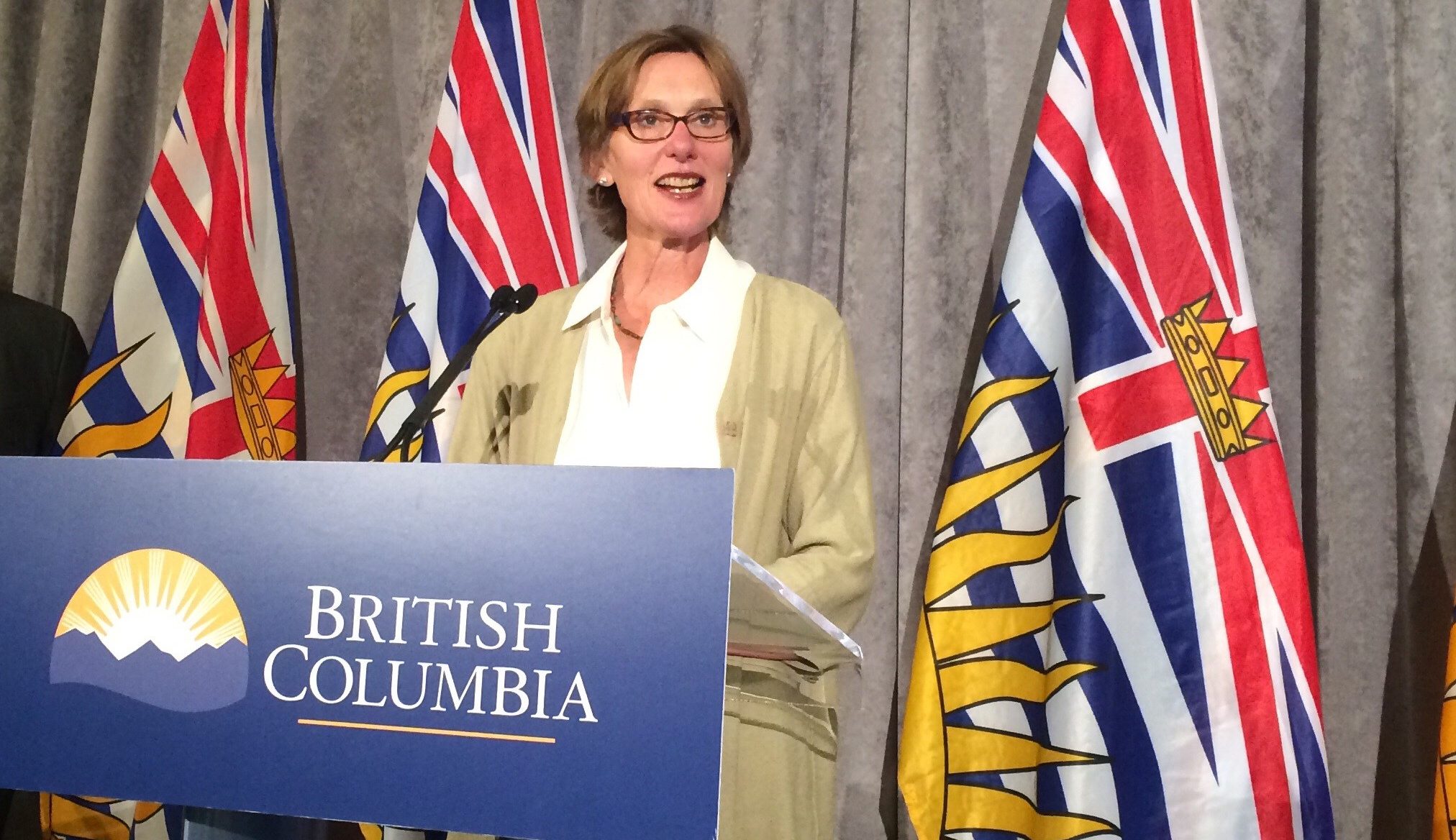DESIBUZZCanada
Events Listings
Dummy Post

International Day Of Yoga To Be Virtually Celebrated Saturday At 4pm

CANCELLED: Coronavirus Fears Kills Surrey’s Vaisakhi Day Parade

ADVERTISE WITH US: DESIBUZZCanada Is The Most Read South Asian Publication Online

SURREY LIBRARIES: Get Technology Help At Surrey Libraries

WALLY OPPAL: Surrey Police Transition Update On Feb. 26

GONE ARE THE DAYS - Feature Documentary Trailer

Technology Help At Surrey Libraries

Birding Walks

Plea Poetry/short Story : Youth Contest

International Folk Dancing Drop-in Sessions
BIG LOSSES? Monty Sikka-Headed Kater App Rejected As BC Finally Approves Uber and Lyft
- January 23, 2020
Are Many Indo-Canadian Investors On The Hook For Kater’s Potential Losses Which Could Be In The Millions!

The rejection of Kater could mean huge losses for the investors, many of which are from the Indo-Canadian community, including prominent developers, builders and others. Sources told DESIBUZZCanada that company has spent as much as $15 to $20 million (unconfirmed) to launch but a more accurate so far spend to get the App up and running is estimated to be above $10 million.
By DESIBUZZCanada Staff With Files From Mr. X
VICTORIA – While Uber and Lyft finally got the good news this week after BC Transportation Minister Claire Trevena announced the decisions of the independent Passenger Transportation Board’s granting of ride-hailing licenses, there was one big loser – a brash Indo-Canadian businessman Monty Sikka, who headed the Kater ridesharing App and had some big backers from the Indo-Canadian business community, including developers and builders as well as support from NDP veteran Moe Sihota.
Kater, which initially teamed up with taxi companies to build momentum for the App, was unanimously rejected by the PTB as it lacked the essentials, including surplus cash, to operate as a ridesharing company to compete with the big boys Uber and Lyft, which have an international hold and experience of operating the service much in demand in most of the world but received much opposition from the old guard Taxi industry here in BC.

In it’s findings and analysis, PTB asked: “Is the applicant a fit and proper person to provide the service and is the applicant capable of providing the service?” The answer was “NO” and it was refused license.
In it’s 11 page judgement, PTB wrote: “The Board has reviewed Kater’s business plan and the financial statements relating to its proposed operations as part of its assessment of Kater’s capability to provide the proposed service. Kater’s business plan indicates basic knowledge and understanding of the regulatory requirements. However, the Board finds Kater’s business plan commitments and its 36-month cash projections are incongruous and unrealistic. Its business plan is ambitious; the services it says it will provide and the stakeholder relationships it intends to build do not align with its financial information.”
PTB gave an example of Kater’s unrealistic plan: “Projected revenue from net ride commissions are overly optimistic. For example, the second month’s net ride commissions are 3.7 times that of the first month, which is very high. Between the third and the sixth month of operation, the value of net ride commissions more than doubles. The absolute value of ride commissions by month six is far too optimistic. “

PTB concluded: “Given the Board’s concerns about Kater’s business plan and associated financial projections and the disconnect between them, the Board is not satisfied that Kater is currently capable of carrying out the proposed services. The evidence Kater provided to the Board does not support a conclusion that it has the overall infrastructure to provide care and control of its drivers and vehicles and the management and financial resources to provide the ride hailing services it has proposed to provide.
“Given the Board’s conclusion that Kater does not meet the criteria established by s. 28(1)(b), the Board finds it unnecessary to consider whether there is a public need for the proposed services or whether the service would promote sound economic conditions in the passenger transportation business in B.C. Capability is an essential requirement for any special authorization and that essential requirement has not been demonstrated on this
“For the reasons set out above, Kater’s Application is refused,” PTB said in rejecting Kater’s application.

The Vancouver-based Kater was incorporated in October and lists Scott Larson as it’s Chief Executive Officer and Paul Mullen as its Operations Manager. Manoj “Monty” Sikka and Mark Catroppa are Directors and Owners.
The rejection of Kater could be mean huge losses for the investors, many of which are from the Indo-Canadian community, including prominent developers, builders and others. Sources told DESIBUZZCanada that company has spent as much as $15 to $20 million (unconfirmed) to launch but a more accurate so far spend to get the App up and running is estimated to be iabove $10 million.
Along with rejecting Bids from Kater and ReRyde, the PTB said Thursday announced that Green Coast Ventures Inc. recently received the go-ahead to operate in Tofino, Ucluelet, Whistler, Pemberton and Squamish during its first year.

On Thursday, BC announced that Uber and Lyft had been approved to start providing ridesharing services in the lower mainland and Whistler along with other providers servicing other BC locations.
"British Columbians have been asking for new ride hailing services since 2012, but the old government failed to get it done. Our government did the hard work and delivered,” Trevena said.
"Over the last two years, our government has been diligent in developing a framework that puts passenger safety first, and we remained steadfast against pressures to abandon the safety measures we put in place. Road users can now be confident that B.C.'s ride-hailing services will comply with some of the highest safety standards in North America.

"Since September 2019, the Passenger Transportation Board has been reviewing applications from 29 ride-hail companies and submissions from stakeholders. In the board's decisions, it has committed to closely monitoring fleet sizes and minimum pricing to avoid potential impacts on traffic congestion and to ensure adequate incomes for drivers.
"Our government is committed to work with both the ride-hail and taxi industries to address outstanding areas in the coming months and futures issues as they arise. We will continue to support a passenger transportation industry that gets people safely where they need to go and ensures sustainable livelihoods for drivers."

Quick Facts:
* In fall 2018, the provincial government passed the Passenger Transportation Amendment Act permitting ride-hailing companies to apply to the Passenger Transportation Board to enter the B.C. market in a way that protects passenger safety.
* Subsequent regulations require ride-hail drivers to hold a Class 4 driver's licence and undergo a vulnerable sector check - the most stringent type of police information check.
* On Dec. 12, 2019, the TransLink Mayor's Council endorsed an inter-municipal business licence in order to have ride-hailing companies obtain a single licence to be able to operate across Metro Vancouver.
* Government is committed to working with both ride-hail and taxi companies to address concerns moving forward.


















